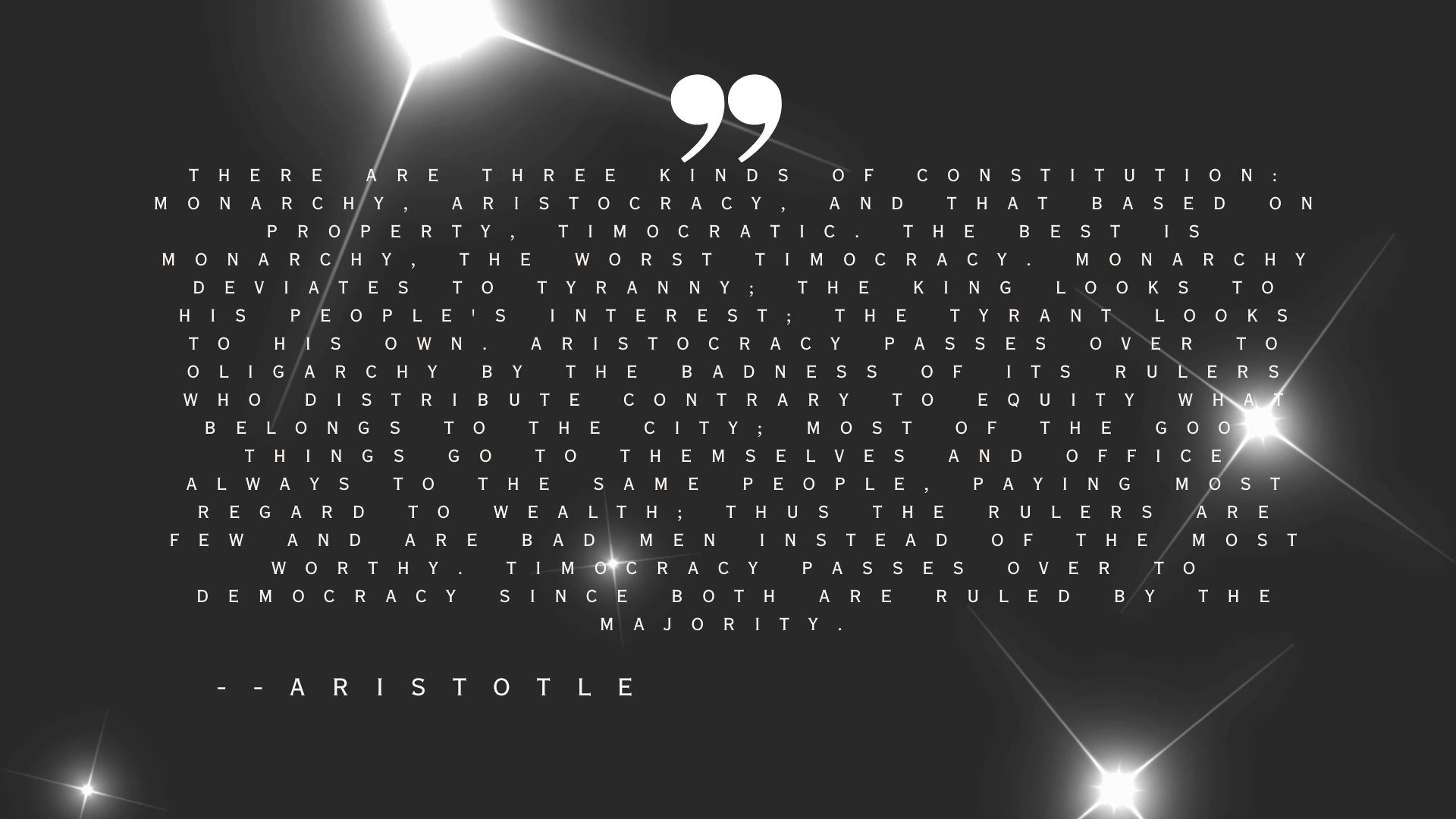“Pleasure in the job puts perfection in the work.”
Aristotle—
Aristotle, one of the greatest philosophers in history, recognized the profound connection between pleasure and perfection in the realm of work. His famous quote, “Pleasure in the job puts perfection in the work,” encapsulates his wisdom on how the experience of joy and satisfaction in one’s tasks can lead to exceptional outcomes.
Exploring Aristotle’s Quote: In this analysis, we delve into Aristotle’s insightful statement, breaking it down into key subheadings to elucidate its meaning and implications.
1. The Nexus of Pleasure and Performance: Aristotle emphasizes that finding pleasure in one’s work is not merely a fleeting emotion, but a driving force that can significantly impact the quality of the final product. When an individual takes delight in their tasks, they are more likely to invest time, effort, and attention to detail, ultimately leading to a higher level of excellence.
2. Intrinsic Motivation and Work Satisfaction: The quote underscores the importance of intrinsic motivation – the internal desire and sense of gratification derived from the work itself. Aristotle suggests that when an individual is intrinsically motivated, they are more likely to be fully engaged, innovative, and persistent in their efforts. This dedication often translates into superior outcomes that reflect a higher degree of perfection.
3. Mastery Through Enjoyment: Aristotle’s quote implies that enjoying one’s work is conducive to skill development and mastery. When tasks are approached with pleasure, individuals are more inclined to continuously learn, refine their techniques, and seek ways to enhance their abilities. This ongoing pursuit of improvement is a hallmark of achieving perfection.
4. Emotional State and Creative Expression: Positive emotions, such as pleasure and joy, have been linked to enhanced creativity and cognitive flexibility. Aristotle’s insight suggests that when people are in a positive emotional state while working, they are more likely to think innovatively, solve problems creatively, and explore new avenues for achieving excellence.
5. Sustainable Productivity and Well-Being: Aristotle’s wisdom extends beyond the immediate outcome of work. Finding pleasure in one’s job can contribute to a sense of overall well-being and life satisfaction. This, in turn, can create a positive feedback loop: as one’s well-being improves, so does their productivity, leading to a cycle of continuous improvement and heightened perfection in their work.
Conclusion: Aristotle’s quote, “Pleasure in the job puts perfection in the work,” encapsulates the profound connection between the emotional experience of pleasure and the attainment of excellence in one’s tasks. By emphasizing the importance of intrinsic motivation, skill development, creativity, and overall well-being, Aristotle’s insight remains relevant and resonant in understanding the dynamics of human endeavor and the pursuit of perfection.




